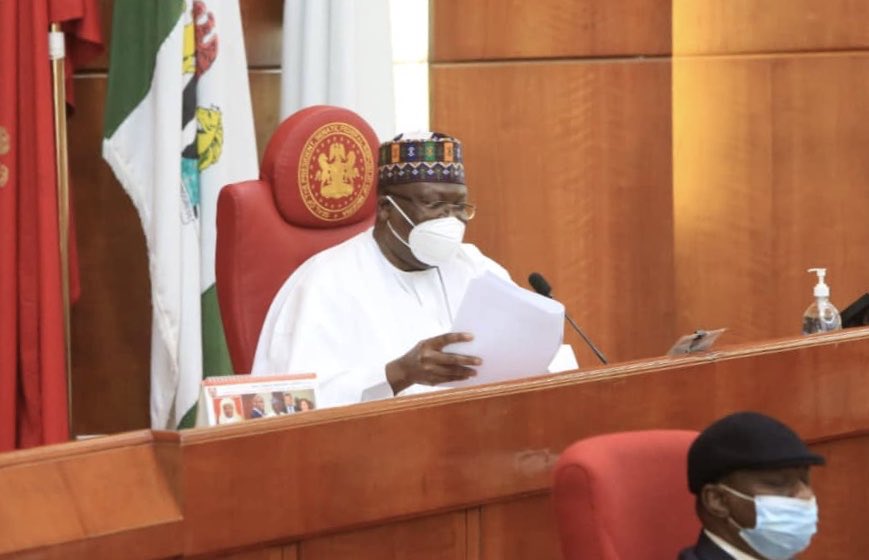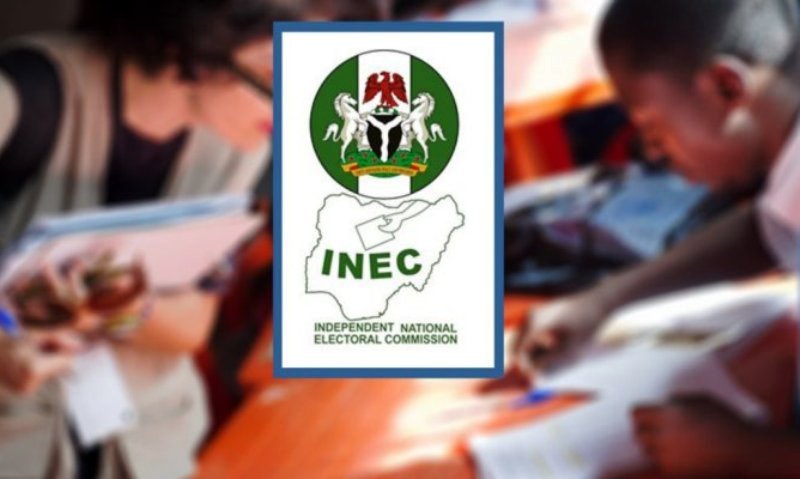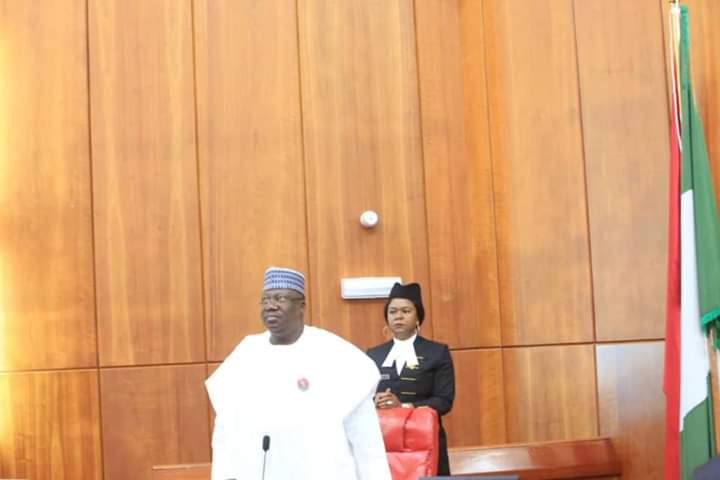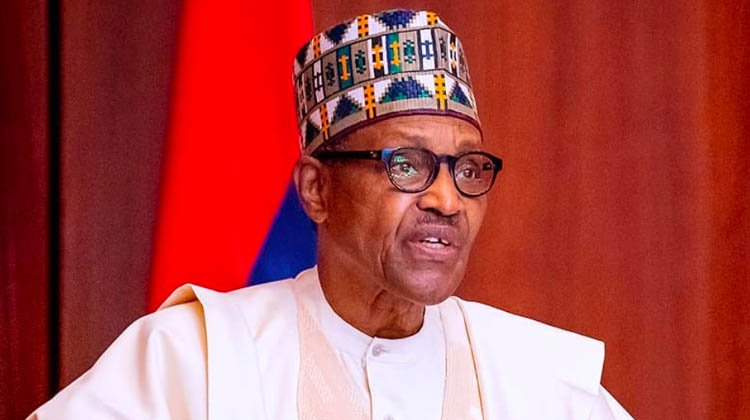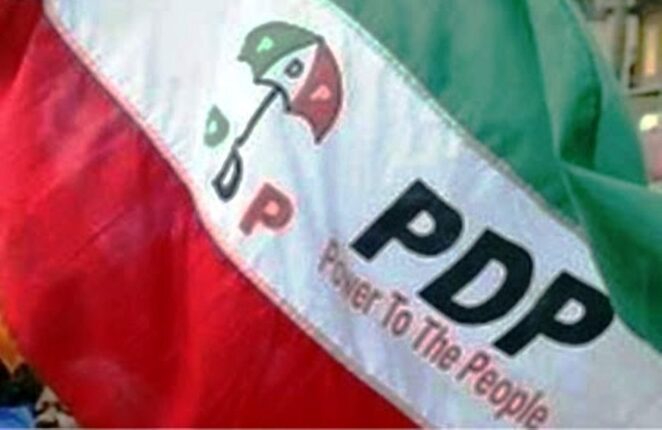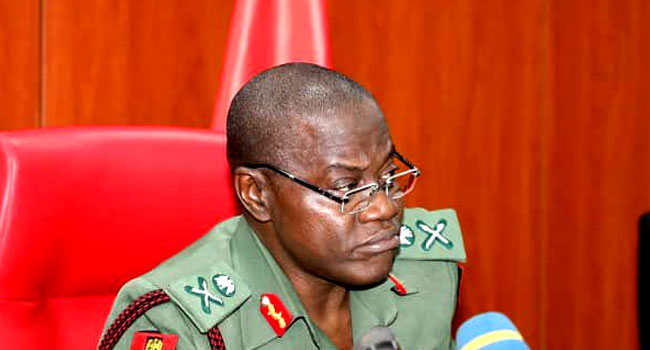President Muhammadu Buhari, on Friday, rejected of Section 84 (12) of the signed Electoral law, saying it runs contrary to the nation’s constitution.
This is as the President said that (Amendment) law 2022, hold the Electoral Acts a lot of promise for improving the election processes, with introduction of new technology, and efforts to engender clarity and transparency.
At a signing ceremony held at the Council Chambers, Presidential Villa, Abuja, President Buhari, told the National Assembly to immediately commence the process of amending Section 84 (12) of the law.
He noted that it disqualifies political office holders from voting or being voted for at conventions or congresses of any political party, for the purpose of the nomination of candidates for any election.
He said that he received inputs from relevant ministries, departments and agencies of government after careful and thorough reviews of the Bill and its implications to democratic processes in our country.
Expressing his rejection of Section 84 (12) of the new law, President Buhari said: “Distinguished Senators and Honourable members of the National Assembly, from the review it is my perspective that the substance of the Bill is both reformative and progressive.
“I am making this bold declaration because I foresee the great potentials of the Bill.
“Worthy of note include the democratic efficacy of the Bill with particular reference to sections 3, 9(2), 34, 41, 47, 84(9), (10) and (11) among others.
“This, however, cannot be said about one provision as contained in the proposed Bill, which provision constitutes fundamental defect, as it is in conflict with extant constitutional provisions.
“Section 84 (12) constitutes a disenfranchisement of serving political office holders from voting or being voted for at Conventions or Congresses of any political party, for the purpose of the nomination of candidates for any election in cases where it holds earlier than 30 days to the National Election.”
Buhari said quoted the section: “84(12) No political appointee at any level shall be voting delegate or be voted for at the Convention or Congress of any political party for the purpose of the nomination of candidates for any election.”
Buhari explains rejection
The President noted it had introduced qualification and disqualification criteria that ultra vires the Constitution by way of importing blanket restriction and disqualification to serving political office holders. of which they are constitutionally accorded protection.
“The practical application of section 84(12) of the Electoral Bill, 2022 will, if assented to, by operation of law, subject serving political office holders to inhibitions and restrictions referred to under section 40 and 42 of the 1999 Constitution as amended.
“It is imperative to note that the only constitutional expectation placed on serving political office holders that qualify, by extension as public officers within the context of the constitution is resignation, withdrawal or retirement at least 30 days before the date of the election.
“Hence, it will be stretching things beyond the constitutional limit to import extraneous restriction into the constitution on account of practical application of section 84(12) of the bill where political parties’ conventions and congresses were to hold earlier than 30 days to the election.
“Arising from the foregoing, with particular regards to the benefits of the Bill, industry, time, resources and energy committed in its passage, I hereby assent to the Bill and request the Nationally Assembly consider immediate amendments that will bring the Bill in tune with constitutionality by way of deleting section 84 (12) accordingly.’’
President Buhari commended the National Assembly for their commitment and dedication to improving the previous Electoral Bill 2021.
Source : Vanguard
